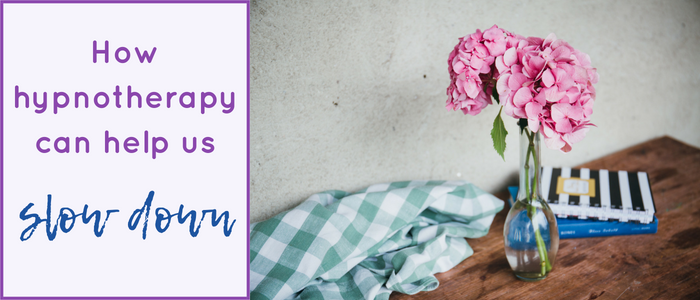
We all know how important sleep is for both our physical and mental health. It gives our body time to rest and rejuvenate, and it gives our mind a chance to process the day’s events.
There are however around 80 different sleep disorders that people suffer from, including insomnia (where people struggle to get to sleep or stay asleep). For some people however, it isn’t getting to sleep that’s a problem, it’s the bad dreams they are faced with when they get there.
Nightmares are dreams that make us feel stressed and scared. They can often wake us up and disrupt our sleep. Most of us only experience the odd nightmare as adults (they’re more common in children) but for some, they’re a regular occurance.
There can be different causes at play, including side-effects from medication, but if the root cause stems from stress, anxiety or perhaps a recent traumatic life event (such as losing a loved one), hypnotherapy could help.
A hypnotherapist will be able to use different techniques, such as NLP and suggestion to help alter negative thought patterns that lead to nightmares. This can also be used to help reduce stress and anxiety, encouraging you to relax and have a more restful sleep.
After your hypnotherapy sessions, your hypnotherapist may give you some self-hypnosis recordings to help reinforce the work done in the session. You can give yourself the best chance of success by looking after yourself and ensuring you have a solid sleep routine.
Self-care tips for better sleep:
- Switch off from work with yoga, meditation, a walk in nature or by connecting with loved ones.
- Avoid alcohol, caffeinated drinks or large meals too close to bedtime as this could disrupt your sleep.
- Turn off electronic devices an hour before bed and start winding down (try reading a book in soft lighting).
- Try writing down any worries or concerns in a journal before bed.
- If you have a self-hypnosis recording – listen to this, alternatively we love the sleep stories you can listen to on the ‘Calm’ app.
